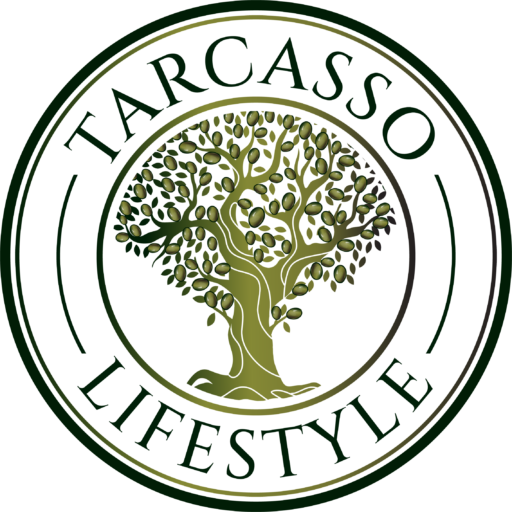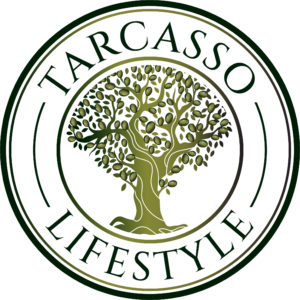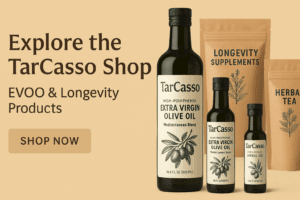Don't Miss
Welcome to our complete News Portal about living, lifestyle, fashion and wellness. Take your time and immerse yourself in this amazing experience!
━ subscribe
© tagDiv - All rights reserved. Made with ❤ Newspaper Theme
Welcome to our complete News Portal about living, lifestyle, fashion and wellness. Take your time and immerse yourself in this amazing experience!
© tagDiv - All rights reserved. Made with ❤ Newspaper Theme




